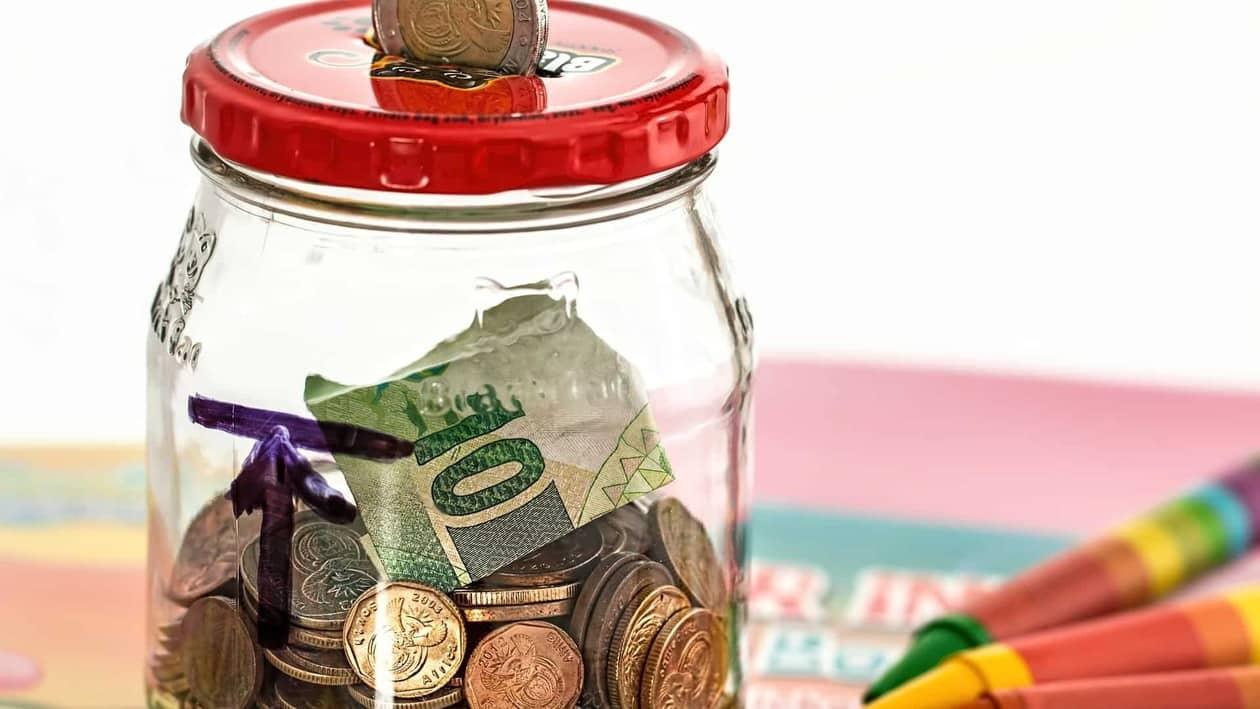When it comes to investing in the stock market, new investors are more likely to make buying and selling mistakes. Buying and selling shares is said to be a mistake when it is done at the wrong timing. Investors buy shares out of greed that a particular share price will rise and investors start selling when it seems like economic conditions or company’s decisions might hurt their value of investment.
Both buying and selling decisions are made out of the current micro and macroeconomic factors prevailing worldwide. It is necessary to understand that emotional investment decision is a major factor due to which stock market moves but it is also a primary reason why you may lose a good opportunity to get great returns from a company you sell out of fear, or bought out of greed.
Let’s understand how these two emotions can affect the whole stock market and your hard-earned invested money.
Effect of Greed
Greed in the stock market happens in the case of bullish chart patterns. Investors get attracted by looking at the bullishness and start buying the hyped shares in the market according to the company’s market valuation.
It would be termed as greed among the investors who want to get rich as soon as possible. For instance, if the stock market is giving good returns say 15%. There can be two scenarios, one is almost all the companies listed in the stock market are giving handsome returns, fundamentally strong companies and newcomers too.
However, you have seen XYZ company is giving 28% or returns YTD. Without any inspection, due to greed of getting rich quickly, you have bought the shares by looking at the charts.
If you would have invested in a fundamentally strong company, you will be able to get decent returns during the long term. After some time, an economic downturn leads you to lose all your money as the company you have invested in was bullish just because the economy was performing well. The emotion of greed may push you to make wrong buying decisions when markets are performing good.
Effect of Fear
The emotion of fear enters when the stock market is facing bearish patterns. In such a case, you tend to sell non-performing stocks even at the losses due to the fear of losing money, you literally lose wealth.
Due to fear you sometimes sell fundamentally strong stocks that have a growth potential to perform well in the long term. The emotion of fear in the stock market might lead you in making wrong selling decisions.
For instance, you bought the TCS stocks at ₹3,200. Now the stock comes down to ₹2,700. Your fearful behavior led you to sell the stocks at ₹2,700. After a year, when economic conditions got better, TCS share prices came up to ₹4,000, which is an ultimate loss in your investment strategy.
No matter how strong any emotion is, fear or greed, you need to make an informed investment decision. Always conduct research about the company and industry as well before investing in it.
Anushka Trivedi is a freelance financial content writer. She can be reached at anushkatrivedi.com
